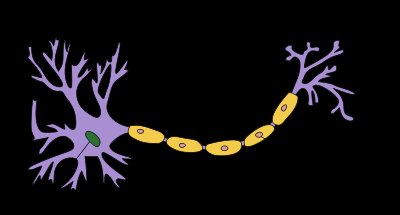British government considers using nerve agents on their own people
Mood:
 d'oh
Topic: Conspiracy / Corruption
d'oh
Topic: Conspiracy / Corruption

British government may use nerve agents on their own people, leading neuroscientists have warned. The agents to be used by police would be banned under an international treaty on chemical weapons, however the government may use a loophole that means it can use the nerve agents against demonstrators within its own borders. Experts have asked the government whether it intends to develop chemical agents that would incapacitate and go beyond the chemical irritants already used such as CS gas.
The experts were commissioned by the Royal Society, to investigate new agents that could be used in the military, however the experts concluded that the government may be prepared to exploit a loophole in the 1993 Chemical Weapons Convention which bans the development and use of toxic chemicals and nerve agents in military conflict, but there is exemption for domestic purposes.
The Royal Society group reported that the government had shifted its position from only using irritants such as CS gas to using the type of nerve agents used in hostage situations in Russia. The report says "The development of incapacitating chemical agents, ostensibly for law-enforcement purposes, raises a number of concerns in the context of humanitarian and human-rights law, as well as the Chemical Weapons Convention (CWC)."
It went on to say, "The UK Government should publish a statement on the reasons for its apparent recent shift in position on the interpretation of the CWC's law enforcement position." The Royal Society group points to a 1992 statement by Douglas Hogg, the then Foreign Office Minister, who indicated that riot-control agents were the only toxic chemicals that the UK considered to be permitted for law-enforcement purposes. But in 2009 ministers gave a less-restrictive definition suggesting the use of "incapacitating" chemical agents would be permitted for law-enforcement purposes as long as they were in the categories and quantities consistent with that permitted purpose."
In a statement, Professor Rod Flower, from Queen Mary University of London, said in the Independent newspaper that, "the insights into the human brain were leading to novel ways of degrading human performance using chemicals."
Why has the British government changed it's position?
The question that must be asked is why the British government suddenly thinks that this kind of urban warfare against its own people is necessary. The riots in London, Manchester and Birmingham in 2011 were difficult to control, but they would have been avoided without the austerity measures put in place by the government after they had to bail out greedy bankers, that have caused mass unemployment, huge national debt and poverty to come back to Britain, in a way that hasn't been seen since the general strikes of the 1970s.
Other world leaders who used chemical agents on their own people include Adolf Hitler, Saddam Hussain and Colonel Gadhafi.
Sources for this article include:
http://www.independent.co.uk)
http://beforeitsnews.com)
http://www.sott.net)
http://www.huffingtonpost.co.uk
About the author:
D Holt is currently involved in research in the UK into the mechanisms involved in healing due to meditation, hypnosis and other ''spiritual'' healers and techniques. Previous work has included investigations into effects of meditation on addiction, the effects of sulphites on the digestive system and the use of tartrazine and other additives in the restaurant industry. new blog is now available at http://tinyurl.com/sacredmeditation
Article Source - naturalnews.com
Posted by Neil Bartlett DHyp M.A.E.P.H
at 01:01 CET
Updated: Tuesday, 28 February 2012 01:27 CET










